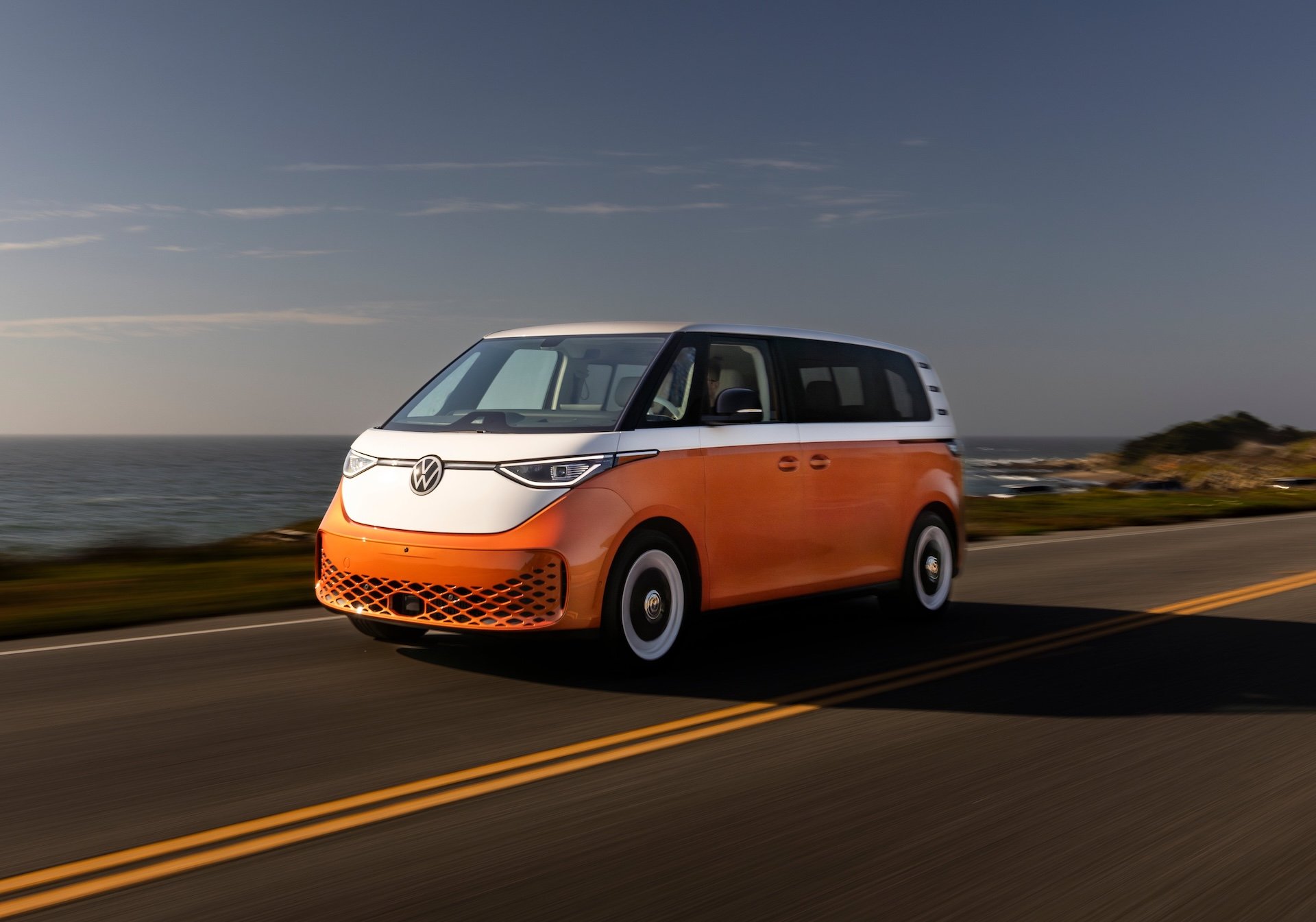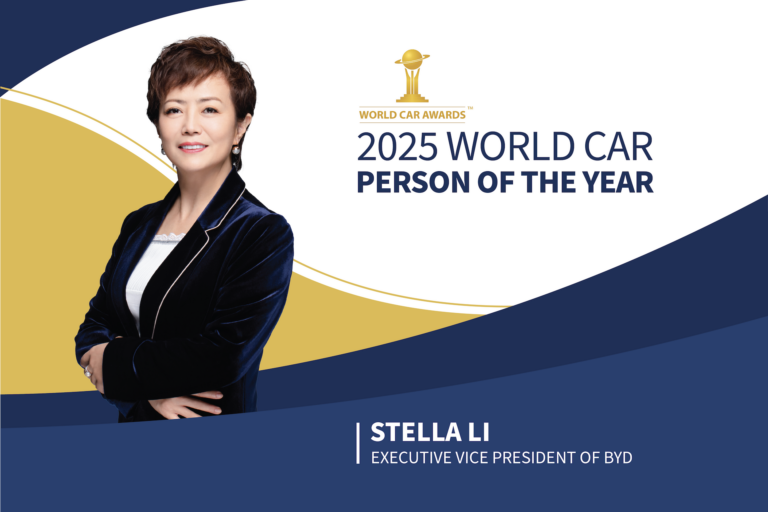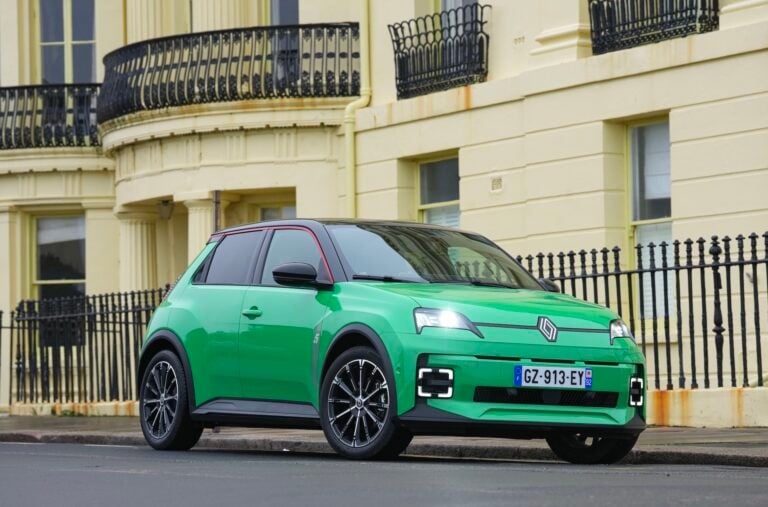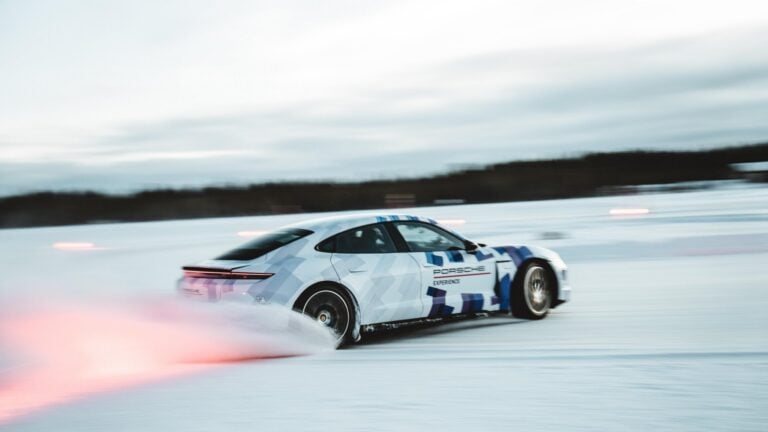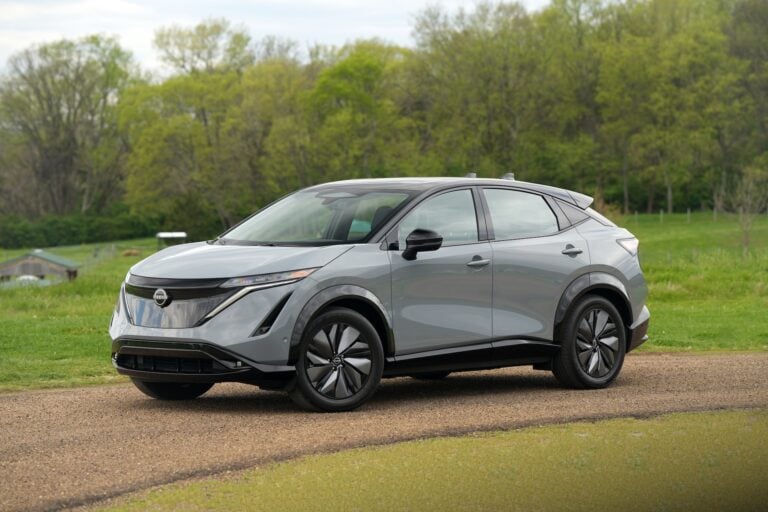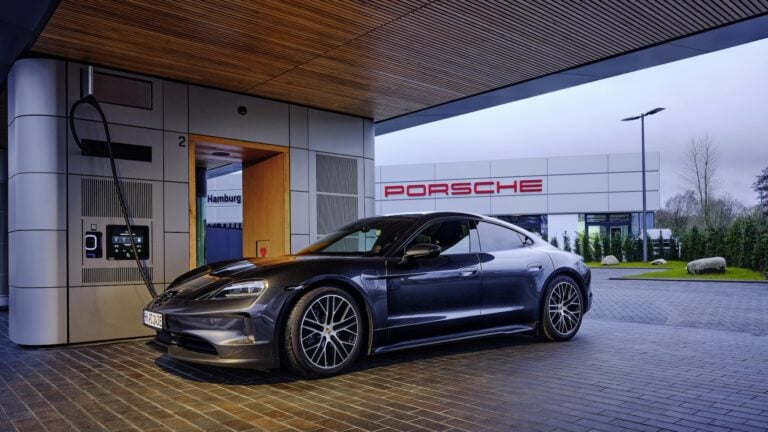Sign up for our popular daily email to catch all the latest EV news!
Volkswagen AG, in collaboration with IG Metall and the Works Council, has reached a pivotal agreement titled “Zukunft Volkswagen” (Future Volkswagen) to position itself for long-term success. This comprehensive plan aims to enhance competitiveness, ensure financial stability, and achieve technological leadership in the automotive industry by 2030. The agreement addresses production realignments, cost reductions, and workforce management, aligning Volkswagen’s operations with evolving market demands and sustainability goals.
Key Highlights
- Capacity Reduction: Volkswagen’s German production will decrease by 734,000 units, addressing overcapacity and optimizing plant utilization.
- Cost Savings: The plan targets sustainable annual cost savings exceeding €15 billion, including €1.5 billion from labor cost reductions.
- Workforce Adjustment: A socially responsible workforce reduction of over 35,000 positions across German locations is planned by 2030.
- Job Security: Job guarantees extend through 2030 under a new collective wage agreement.
- Technological Vision: Volkswagen Passenger Cars aims to become the world’s leading technological volume manufacturer by 2030.
The “Zukunft Volkswagen” agreement reflects Volkswagen’s commitment to balancing workforce stability with competitive restructuring. Oliver Blume, CEO of Volkswagen Group, emphasized, “With the package of measures that has been agreed, the company has set a decisive course for its future in terms of costs, capacities and structures.”
The agreement includes realignments across Volkswagen’s German plants:
- Wolfsburg: Focused on electric vehicle production, including the future Electric Golf and models on SSP architecture.
- Emden and Zwickau: Continued production of electric models like the ID.7 and Audi Q4 e-tron.
- Dresden: Vehicle production to cease by the end of 2025, with alternative uses being explored.
- Hanover: Sustainable cost reductions will support continued production of the ID. Buzz and Multivan.
Volkswagen’s Group Components division will focus on increasing economies of scale for strategic core components, targeting cumulative efficiency gains of €3 billion by 2030. This includes €500 million in annual labor cost reductions across key sites in Kassel, Braunschweig, and Chemnitz.
Thomas Schäfer, CEO of Volkswagen Passenger Cars, highlighted, “We have created the basis for making Volkswagen the technologically leading volume manufacturer by 2030.”
By aligning its operations and leveraging innovation, Volkswagen seeks to reinforce its global leadership in sustainable mobility. In 2023, the Group delivered 9.2 million vehicles globally, generating €322.3 billion in revenue. With this transformative agreement, the company is poised to build on its legacy while adapting to the future of the automotive industry.
Sign up for our popular daily email to catch all the latest EV news!

